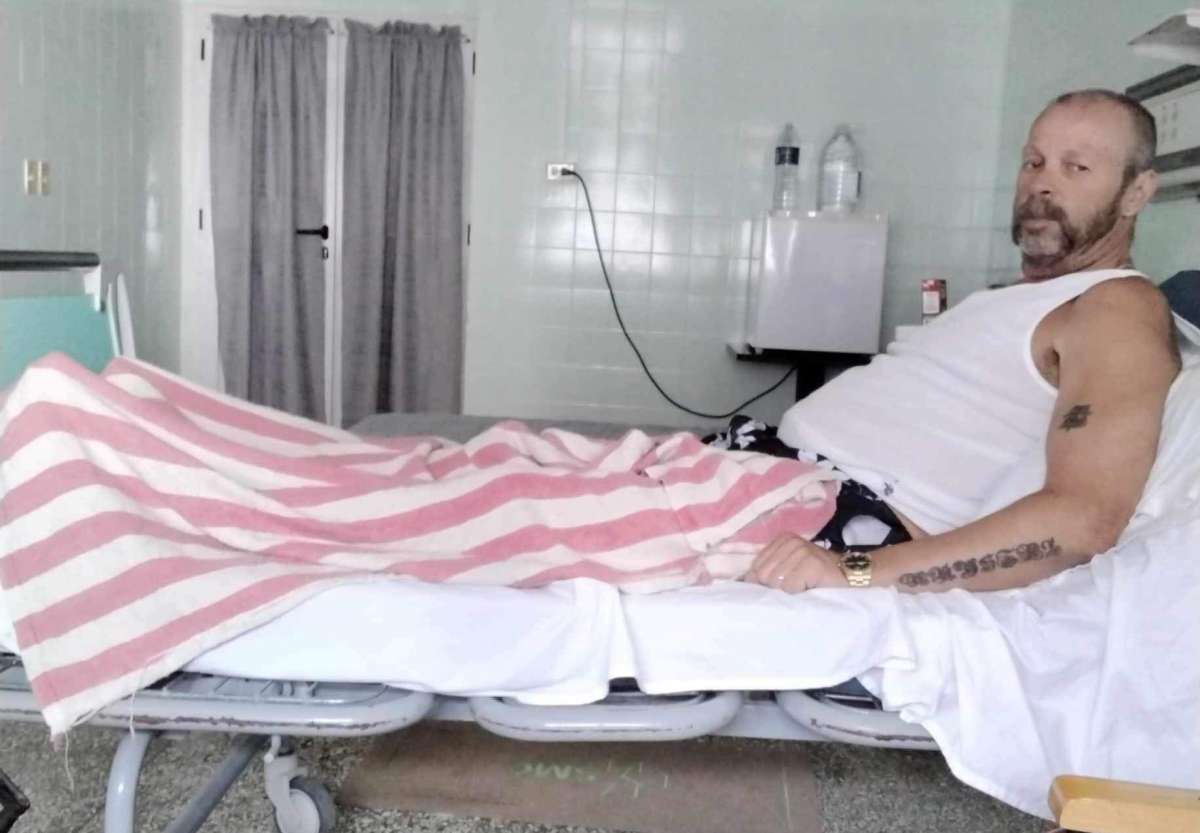A Nova Scotia man who suffered a medical emergency while on an international trip is now stuck abroad after his family was told no hospitals could admit him back home due to a lack of available beds.

Murray Balser was on vacation with his family in Cuba earlier this month when he broke his hip on a boating excursion. Due to a shortage of available beds in Nova Scotia, he had to stay in a Cuban hospital for a week and a half.
“We had the insurance. We thought we were covered,” said Tammy Fader, Balser’s sister-in-law.
“We never in a million years would have thought we would have been denied coming back because there was no bed in our own province, in our own country.”
Fader said the Cuban hospital’s facilities were lacking and Balser was left in excruciating pain. She said the only pain medication he received was some Tylenol she brought with her, and two aspirin he was given at the hospital.
On Saturday, the family finally got word that a bed in Halifax was available for Balser. He was transported back to the province, but due to foggy weather, their medical evacuation flight was unable to land in Halifax.

Get weekly health news
Balser was re-rerouted to a hospital in Miami, where he had surgery to fuse his femur to his hip with a rod Tuesday afternoon. Fader believes the delay in care made his condition worse.
“He’s scared now because he was told he now has a blood clot. And if that dislodges, it will kill him or he’ll stroke,” she said. “It’s just a mess.”
Fader plans to head to Miami Wednesday to check on Balser’s condition and help out her sister, who is having trouble coping with her husband’s injury.
She doesn’t know when the couple will be able to return to Halifax, as Balser’s bed has since been given away.
“Everybody just wants them home,” she said.
Hospital bed capacity ‘very fluid’
In a statement, Nova Scotia Health spokesperson Brendan Elliott said hospital bed capacity is “very fluid.”
“We are constantly monitoring intake and discharge of patients and the focus is always on triaging patient needs to ensure the right beds are used for the right patients, with the overall goal of ensuring all our patients receive the best care possible in the most appropriate setting,” he said.
Elliott said while he can’t speak to individual cases, he noted that when a patient is admitted from out of country, they are supposed to be admitted to a private room in keeping with infection best control practices, “to protect themselves and others from any travel-related illnesses.”
“The availability of private rooms in the patient’s home area can be a limiting factor in how long it takes to transfer them,” he said.
Balser is not the first Canadian injured abroad and unable to return home due to a lack of hospital beds. Last year, Global spoke with a New Brunswick man who was stuck in Orlando, Fla., after being unable to find a bed in the province.
Earlier this month, an Ontario man was stranded in Costa Rica due to a lack of available hospital beds.
Fader said while the family is glad Balser is getting care in Miami, they’re worried about what’s to come.
“Murray will probably never walk right again. I don’t know if he will work again,” she said.
“If you can’t afford to be retired from a vacation when you come home, don’t go.”
— with files from Alex Cooke





Comments